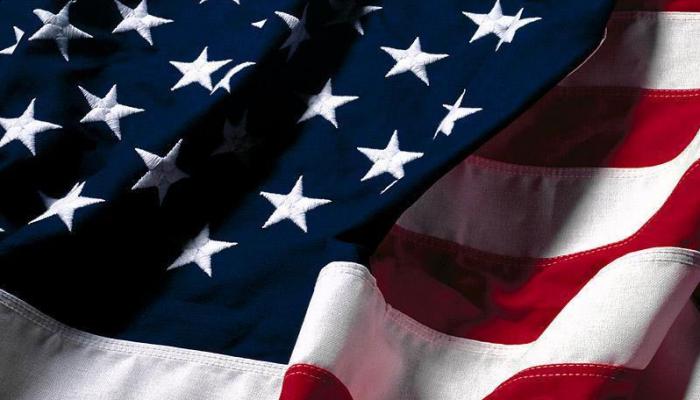New York, November 28 (RHC)-- A large number of Americans mourned on Thanksgiving holiday on Thursday in Plymouth, Massachusetts, to remember the Native Americans who were massacred after white settlers from Europe arrived there in the 17th century.
The event, dubbed the National Day of Mourning, has been held annually on Thanksgiving to honor the Native Americans who died due to the European invasion, and to expose the bloody history behind the November holiday.
Started in 1970 by a protest group led by Frank "Wamsutta" James, the National Day of Mourning highlights the horrific story behind Thanksgiving as well as the modern issues facing Native Americans today, organizers say.
Many people now see Thanksgiving as a celebration of the conquest and genocide of Native Americans by European colonists who began to lay claim to more and more land from the natives.
Most people in the United States associate Thanksgiving, a federal holiday celebrated on the fourth Thursday in November, with the joyous occasion when English pilgrims and Native Americans came together for a large feast in 1621 to celebrate the Plymouth Colony's first successful harvest.
"I think there seems to be this myth in this country propagated about Thanksgiving that, 'Oh, you know, the Pilgrims and the Indians all sat down to have a meal together and they were good friends and everybody lived happily ever after,'" says Mahtowin Munro, co-leader of the United American Indians of New England, which organizes the annual event. "It's really important for us to stand up and talk about what the reality was and to teach others about that reality."
According to the U.S. Department of Health and Human Services' Office of Minority Health, 28 percent of American Indians and Alaska Natives live in poverty. More than 32 percent of the Native American population under the age of 18 also lives in poverty, according to the National Congress of American Indians Policy Research.


